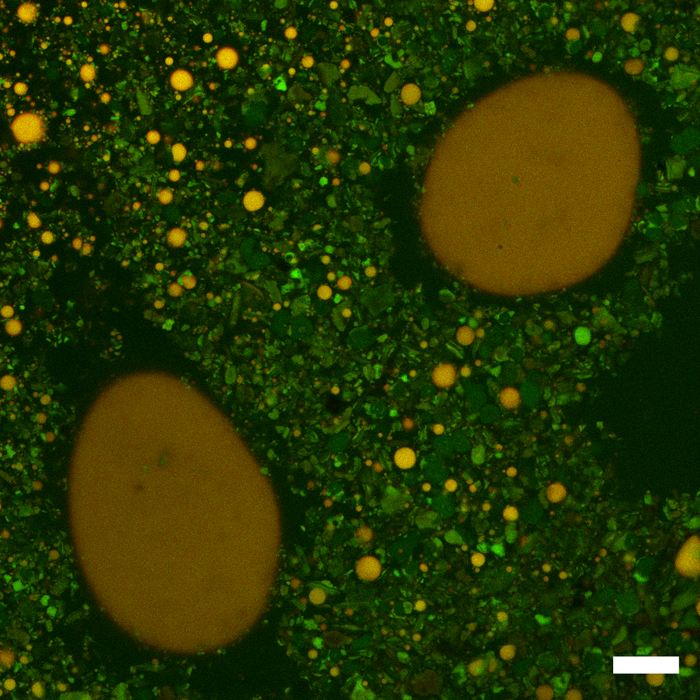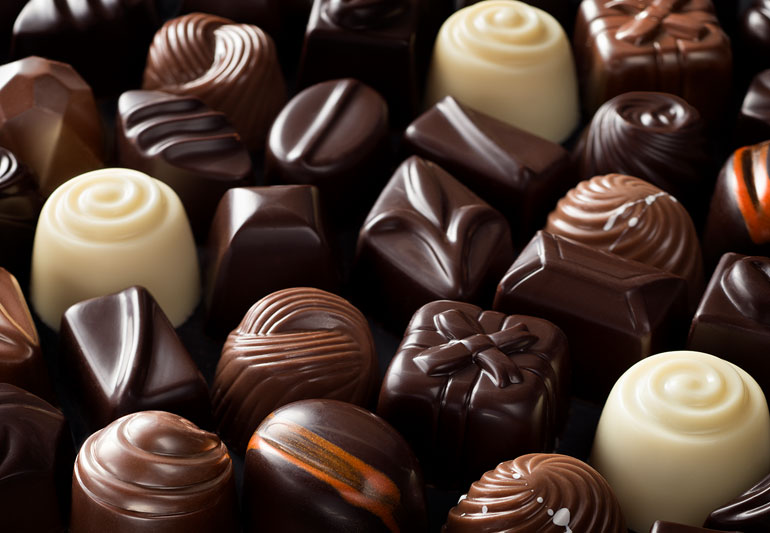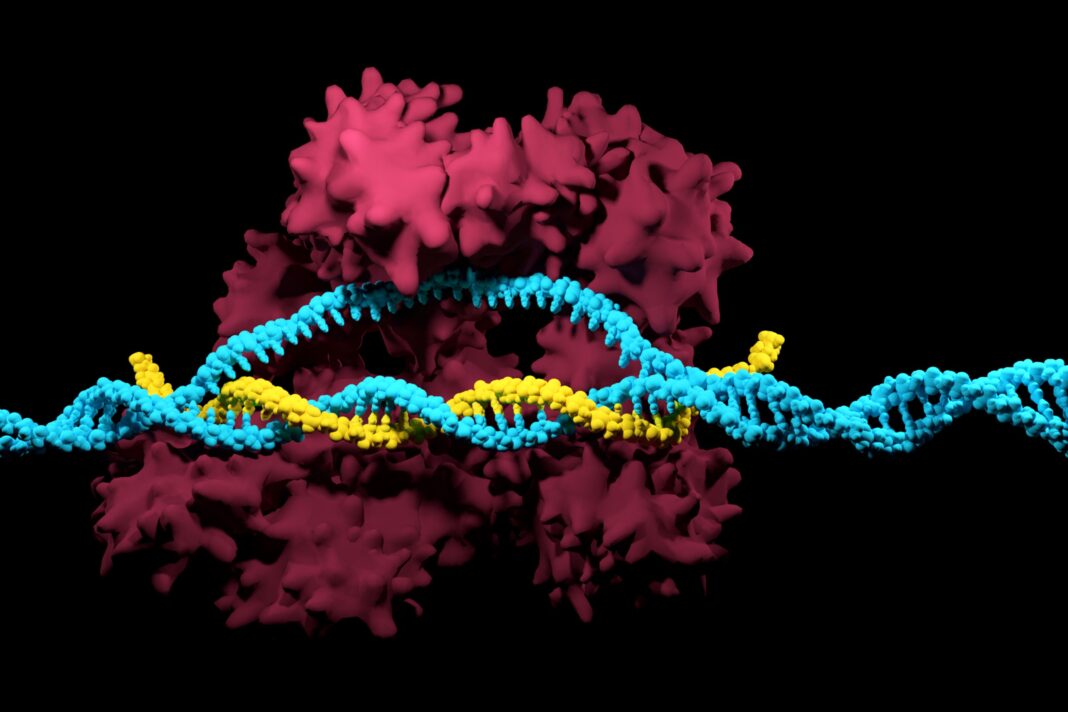Have you ever wondered why chocolate feels so good? Scientists at the University of Leeds have uncovered the answer. By analyzing each step in the process, they’ve found that it is all down to lubrication. Let’s explore why chocolate feels so good and how this knowledge could help create healthier chocolates with the same texture and feel.
The team of researchers at the University of Leeds used advanced techniques to study what happens when a piece of chocolate melts in the mouth. They discovered that it begins by turning into an emulsion, which is a mixture of two or more liquids that do not normally mix together, such as oil and water. This emulsion makes the chocolate smoother, creamier, and easier to swallow.

The lubrication occurs due to ingredients naturally found in some chocolates, such as cocoa butter or vegetable oil, but saliva also plays a role as it is filled with enzymes that work to break down food particles into smaller pieces for easier digestion. This means that saliva helps create a smoother texture for the chocolate as it melts in your mouth. Furthermore, saliva is an important factor for taste as it contains molecules that help carry flavor around your mouth.
The research team also studied how different types of chocolate affect lubrication. They found that dark chocolates produce significantly more lubricating fat than milk or white chocolates do because dark chocolates contain higher levels of cocoa butter and other fats from cocoa solids than lighter varieties. As a result, dark chocolates are typically more creamy and feel luxurious in your mouth compared to other types of chocolate.
Chocolate truly has a magical quality about it – one bite can whisk you away into a state of blissful indulgence thanks to its unique combination of flavor and texture! It turns out that this experience is all down to lubrication – either from ingredients naturally found in some chocolates or from saliva – which creates an emulsion that helps make the chocolate smoother and creamier while still delivering its delicious taste sensation! This new knowledge could even lead to healthier versions of our favorite treats with similar textures and tastes but fewer calories! How amazing is that?











